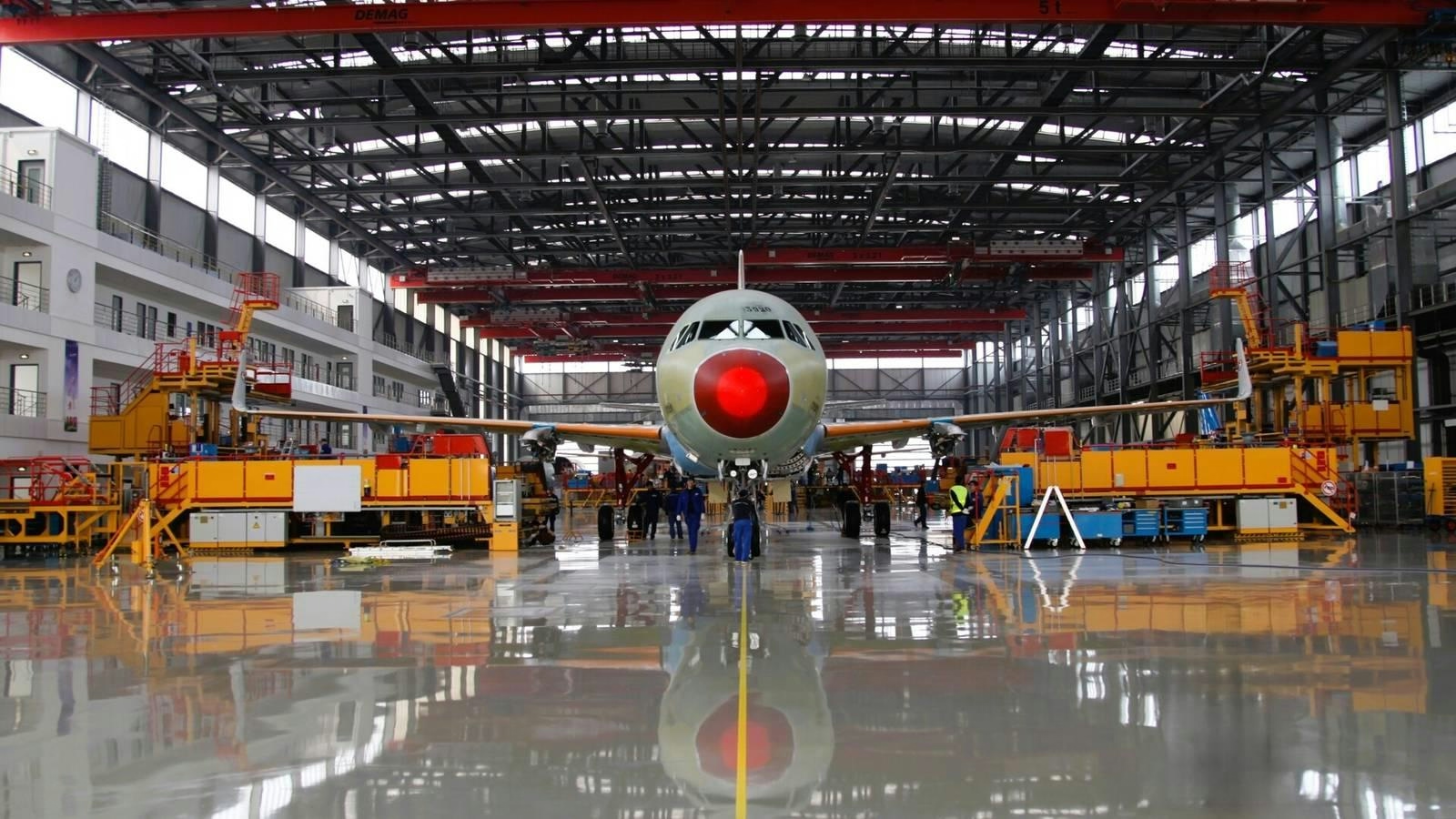أيروجيني — مساعدك الذكي للطيران.
الرائج الآن
Categories
Airbus Increases Production in US and China Amid Political Tensions

Airbus Expands Production Capacity in the US and China Amid Geopolitical Challenges
October marks a pivotal moment for Airbus as the aerospace giant prepares to inaugurate new Final Assembly Lines (FALs) in both the United States and China. These developments are integral to Airbus’s ambitious plan to increase production of its A320neo family aircraft to 75 jets per month by 2027, a significant rise from the current average of 48 monthly deliveries.
Strategic Expansion in Key Markets
On October 13, Airbus will open a second A320 FAL at its Mobile, Alabama facility, effectively doubling its production capacity for the North American market. Shortly thereafter, a second FAL will commence operations in Tianjin, China, Airbus’s largest single market for aircraft orders. The timing of these launches is particularly strategic, coinciding with ongoing negotiations for a major order reportedly involving 500 aircraft from Chinese airlines.
Airbus currently faces a backlog exceeding 7,000 A320 family jets, equating to more than 12 years of production at existing rates. This backlog underscores the urgency to accelerate output, not only to fulfill current orders but also to sustain a healthy sales pipeline. CEO Guillaume Faury highlighted the global importance of these expansions, noting that by 2026, Airbus will operate ten A320 family final assembly lines worldwide, with the US and China each contributing 20 percent of the company’s global production capacity. He emphasized that this ramp-up will have positive ripple effects across the aerospace industry’s global value chain.
Navigating Political and Economic Tensions
Airbus’s expansion occurs amid escalating political and economic tensions between the US and China. The ongoing trade war has introduced complexities, including the threat of retaliatory tariffs that could increase production costs and undermine competitiveness. In response, Airbus has carefully coordinated the timing of its facility openings, advancing the Tianjin line inauguration to closely follow the Mobile launch, signaling a firm commitment to maintaining a strong presence in both markets.
Market reactions to Airbus’s strategy have been mixed. Some investors express caution, concerned about the potential impact of intensifying trade disputes on costs and supply chain stability. Conversely, others view the growing demand for aircraft in the US and China as an opportunity, interpreting Airbus’s expanded manufacturing footprint as a means to capture greater market share.
Competitors are closely monitoring these developments. Rival manufacturers may adjust their production strategies or advocate for favorable trade policies to safeguard their positions in these critical markets.
Currently, over three-quarters of A320 family aircraft are produced in Europe, primarily at facilities in Toulouse and Hamburg. The establishment of new FALs in Mobile and Tianjin marks a significant shift as Airbus diversifies its manufacturing base to better navigate the complexities of the global trade environment.
As Airbus accelerates its global production capabilities, the company faces the challenge of balancing operational growth with geopolitical realities to maintain its long-term competitiveness in the world’s largest aviation markets.

Emirates Unveils Cabin Design for New Boeing 777X

Eighteen Years On, the Airbus A380 Remains Central to a $34 Billion Airline

How a boom in luxury airline seats is slowing down jet deliveries

Navitaire Outage Attributed to Planned Maintenance

Airbus Plans Record Delivery of 870 Aircraft in 2026

DigiYatra Debuts Outside Aviation at India AI Impact Summit

Vietnam Orders Strengthen Boeing’s Commercial Outlook

Airbus Signals Uncertainty Over Future A400M Orders

JobsOhio Awards $2 Million Grant to Hartzell Propeller for Innovation Center

Collins Aerospace Tests Sidekick Autonomy Software on YFQ-42A for U.S. Air Force CCA Program
